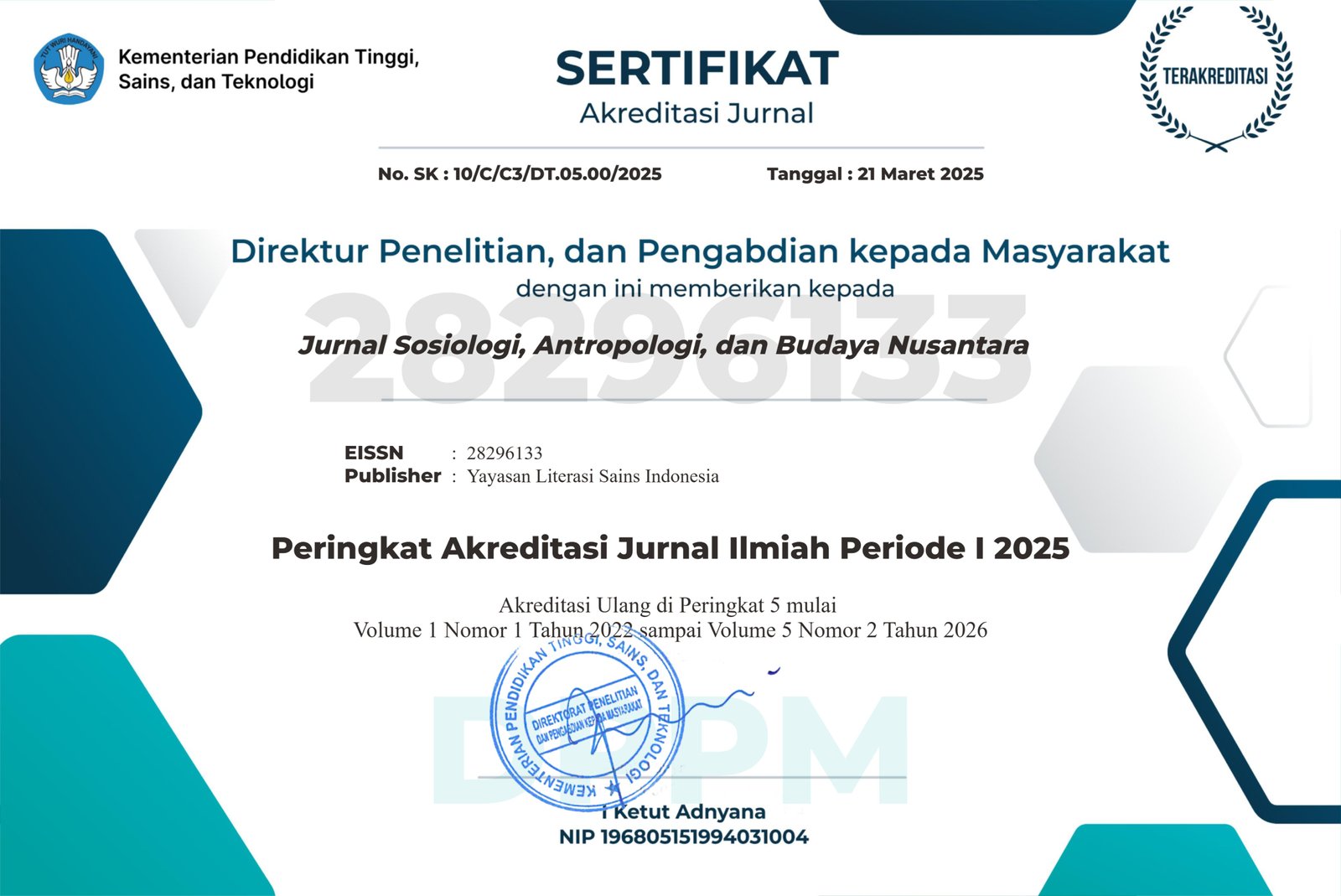THE CONCEPTS OF ISLAMIC EDUCATION FROM THE PERSPECTIVE OF IBNU MISKAWAIH
DOI:
https://doi.org/10.55123/sabana.v2i1.1836Keywords:
Concept, Islamic Education, Ibnu MiskawaihAbstract
The Umayyad dynasty became a historical record in the development of science, even spurring the birth of the golden age of Islam in which many figures and scholars emerged who not only understood religious knowledge, but were also very interested in education. One of them is Ibn Miskawaih. So the purpose of this study is to describe the concept of Islamic Education in the Perspective of Ibnu Miskawaih. The method used is descriptive qualitative with a literature study approach then the data is collected, followed by analyzing the contents and the last is drawing conclusions. The results of the study show that the concept of Islamic education in the perspective of Ibnu Miskawaih is more dominated by the aspect of cultivating morals based on the Qur'an and referring to al-hadith so that someone who is educated can become a complete human being. In addition, it must be supported by 3 important components in education, namely family education which cultivates one's habits from childhood, school education where one can get to know the concept of reward and punishment and finally environmental education which becomes a place of practice from one's results in education and learning. in the middle of society.
Downloads
References
Suarsini. (2004). Fundamentals of Educational Evaluation. Jakarta: PT Raja Grofindo Persada.
Ahmadi, R. (2016). Qualitative Research Methodology. Yogyakarta: Ar-Ruzz Media.
Alavi, Z. (2003). Islamic Educational Thought in the Classical and Middle Ages. Bandung: Angkasa.
Basri, H. (2009). Philosophy of Islamic Education. Bandung: Faithful Library.
Daudy, A. (1992). Lectures on Islamic Philosophy. Jakarta: Bulan Bintang.
Hidayat, H. (1994). Towards Moral Perfection. Bandung: Mizan.
Hitti, P. (2002). History of the Arabs: From the Earliest Times to the Present. New York: Macmillan Press.
Husain al-Munawwar, S. A. (2000). Actualization of Quranic Values. Jakarta: Ciputat Press.
Ihsan, H. (2007). Philosophy of Islamic Education. Bandung: Pustaka Setia.
Maftuhin. (2012). Islamic Philosophy . Yogyakarta: Teras.
Miskawaih, I. (1996). Tahdzib al-Akhlak Wa That hir Al-A'raq. Mesir: Bairut.
Mustofa, A. (2007). Islamic Philosophy. Bandung: CV Pustaka.
Nasution, H. (2013). Islamic Philosophy. Jakarta: Gaya Media Pratama.
Nata, A. (2012). Islamic and Western Educational Thought. Jakarta: Rajawali Pers.
Supriyadi, D. (2010). Educational Psychology. Bandung: CV Pustaka Setia.
Syarif. (1996). The Philosophers of Islam. Bandung: Mizan.
Team of the Tarbiyah Faculty of UIN Malang, L. (2009). Classical to Contemporary Islamic Education . Malang: UIN-Malang Press.
Tholhah, I. (2004). Opening the Education Window. Jakarta: PT. Raja Grafindo Persada.
Urbiyati, N. (2001). Basic Concepts of Moral Education. Bandung: Alfabeta.
Yulis, R. (2006). Islamic Education. Jakarta: Kalam Mulia.
Zar, S. (2009). Islamic Philosophy: Philosophers and Philosophy. Jakarta: Raja Grafindo Persada.
Ahror, Ubaidillah Al dan Hendri Soekotjo. 2017. Pengaruh Kualitas Pelayanan, Harga, dan Lokasi terhadap Kepuasan Pelanggan Cafe Milkmoo. Jurnal Ilmu dan Riset Manajemen, 6(3). 2641-0593.
Al Rasyid Harun. 2017. Pengaruh Kualitas dan Pemanfaatan Teknologi Terhadap Kepuasan dan Loyalitas Pelanggan Go-Jek. Jurnal Ecodemica, 1(2): 2355-0295.
Downloads
Published
How to Cite
Issue
Section
License
Copyright (c) 2023 Yulita Putri; Abid Nurhuda

This work is licensed under a Creative Commons Attribution 4.0 International License.


























